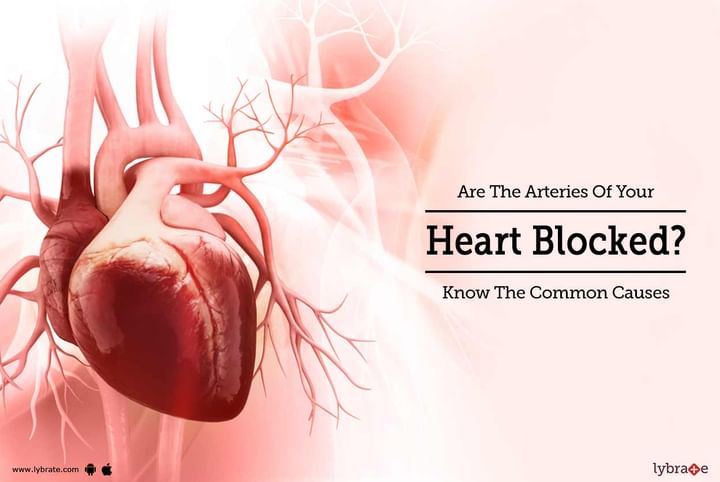Are The Arteries Of Your Heart Blocked? Know The Common Causes
Atherosclerosis, is a medical term used for blocked arteries. It is defined as the build-up of fibrous and fatty material inside the arteries and is the underlying condition that leads to coronary heart disease and other circulatory diseases. Coronary arteries are vessels, which supply blood and thus, oxygen and food to continuously working heart muscles. Heart muscles are not tired of working since the time you were born till death, however, they cannot sustain long without blood supply.
Reduced blood supply gives rise to ischemia of heart muscles commonly seen as chest discomfort or angina. A sudden complete shutdown of blood supply leads to heart attack, causing permanent damage to heart, if blood flow is not reestablished promptly.
But what are the reasons that lead to blockage in the arteries? Well, sedentary lifestyle is said to be a primary reason behind this. Smoking increases the risk of atherosclerosis in the arteries of the heart, legs, and the aorta (the largest artery in the body). Also, there is an increased risk of heart attack if your parent or sibling has had a heart attack or stroke.
High levels of bad cholesterol, or low-density lipoprotein (LDL) are also the major contributors to arterial plaque formation. Having high blood pressure also increases the rate at which arterial plaque builds up. It hastens the hardening of clogged arteries.
Potential consequences of atherosclerosis
Atherosclerosis can be silent for several years. However, once the plaque becomes of a certain size, the artery may become so narrowed that the adequate amount of blood is unable to get through. This could then lead to pain or discomfort generally, while you are exercising. It could take place either in the chest (angina) because of insufficient blood supply to the heart, or in the calves with lack of blood being supplied to the legs. The worst outcome that you can expect from atherosclerosis is the breaking down of plaque. The blood flowing over the top of the plaque can clot, causing a blockage in the artery, which can lead to a heart attack, or it can be carried downstream causing a stroke.
Though, atherosclerosis is progressive certain measures can be taken to slow its development and reduce the chances of suffering from a heart attack or stroke. Proper medications can be taken under your doctor’s guidance to slow down quick accumulation of the fatty material, to stabilise the plaque and minimise the chance of its rupturing. And, just medications will not be enough, adopting a healthy lifestyle is equally important. For example, you should exercise on daily basis, eat healthy, quit smoking etc. to prevent the onset of symptoms that can have fatal outcomes.


+1.svg)
